Curiosities of El Salvador, the smallest country in Central America, is a land of rich cultural heritage, diverse landscapes, and a history shaped by both indigenous and colonial influences. Despite its size, El Salvador boasts a unique identity characterized by archaeological wonders, vibrant traditions, and a resilient spirit. In this exploration, we delve into some of the most striking curiosities that make El Salvador distinctive and fascinating.
Ruta de las Flores:
The Ruta de las Flores, or the Route of the Flowers, is a scenic journey through picturesque towns known for their vibrant markets, colorful murals, and blooming flowers. This route offers a delightful immersion into El Salvador’s natural beauty and cultural charm.
Mayan Archaeological Sites:
El Salvador is home to several Mayan archaeological sites that provide insights into the ancient civilization’s presence in the region. Tazumal, San Andrés, and Joya de Cerén are notable sites showcasing pyramids, temples, and residential structures.
Pupusas:
Pupusas are a staple of Salvadoran cuisine and a source of national pride. These thick corn tortillas are filled with various ingredients such as cheese, beans, or meat, creating a delicious and satisfying dish enjoyed by locals and visitors alike.
Coatepeque Lake:
Coatepeque Lake, a volcanic crater lake, is one of El Salvador’s natural treasures. Surrounded by lush landscapes and offering breathtaking views, the lake is a popular destination for water activities and relaxation.
Santa Ana Volcano:
The Santa Ana Volcano, or Ilamatepec, is the highest volcano in El Salvador and a prominent part of the country’s geography. Hiking to the summit provides panoramic views of the surrounding landscapes, including Coatepeque Lake.
Cihuatan Archaeological Site:
Cihuatan, an ancient Mayan city, is one of the largest archaeological sites in El Salvador. The site features pyramids, plazas, and ball courts, offering a glimpse into the urban life of the pre-Columbian inhabitants.
San Salvador Cathedral:
The Metropolitan Cathedral of San Salvador, a symbol of the capital city, is an iconic structure with a rich history. The cathedral’s architecture reflects a blend of colonial and Baroque styles, and it holds cultural and religious significance.
El Boquerón National Park:
El Boquerón National Park, located atop the San Salvador Volcano, is known for its massive crater, which can be explored through hiking trails. The park provides a natural retreat and a chance to witness the power of volcanic activity.
Day of the Cross (Día de la Cruz):
Day of the Cross is a traditional celebration in El Salvador that takes place on May 3rd. Communities decorate crosses with flowers, palm leaves, and other ornaments, creating vibrant displays in public spaces and homes.
Joya de Cerén – The Pompeii of the Americas:
Often referred to as the “Pompeii of the Americas,” Joya de Cerén is an archaeological site that preserves the remains of a pre-Columbian village. The site provides a unique snapshot of daily life during the eruption of the nearby Loma Caldera volcano.
Tazumal Archaeological Site:
Tazumal, located in the town of Chalchuapa, is another significant Mayan archaeological site in El Salvador. The site features pyramids, plazas, and ceremonial structures, offering a glimpse into the religious and social aspects of Mayan civilization.
Coffee Culture:
El Salvador has a rich coffee culture, and coffee production plays a crucial role in the country’s economy. Visitors can explore coffee plantations, learn about the cultivation and processing of coffee beans, and savor high-quality Salvadoran coffee.
Indigo Production:
El Salvador has a long history of indigo production, a natural dye extracted from the indigo plant. Indigo played a significant role in the country’s economy during the colonial period and remains a part of its cultural heritage.
San Salvador Historic Center:
The historic center of San Salvador features colonial-era architecture, including the National Palace and the Rosario Church. The area provides a glimpse into the city’s past and its transformation over the centuries.
Carnival of San Miguel:
The Carnival of San Miguel is one of El Salvador’s most lively and colorful celebrations. Taking place in November, the carnival features parades, music, dance, and traditional costumes, creating a festive atmosphere.
Los Chorros:
Los Chorros, a series of natural springs and waterfalls, is a popular destination for locals and tourists seeking a refreshing escape. The site offers opportunities for picnics, hiking, and enjoying the beauty of the natural surroundings.
Panchimalco’s Festival of the Crosses:
Panchimalco, a town near San Salvador, celebrates the Festival of the Crosses in May. The event includes processions, traditional dances, and colorful floral displays, reflecting a blend of indigenous and Catholic traditions.
Salvadoran Handicrafts:
El Salvador is known for its vibrant handicrafts, including ceramics, textiles, and woodwork. Local artisans create unique pieces that showcase the country’s cultural diversity and artistic talent.
Feria de Agosto:
Feria de Agosto, held in San Salvador in August, is a cultural and agricultural fair that showcases the country’s traditions, cuisine, and agricultural products. The fair attracts visitors from across El Salvador.
Tazumal Archaeological Museum:
The Tazumal Archaeological Museum, located near the Tazumal site, displays artifacts and information about the Mayan civilization that once thrived in the region. The museum provides context and insight into the archaeological discoveries.
Conclusion:
El Salvador’s uniqueness lies in its ability to blend ancient traditions, natural wonders, and a vibrant cultural identity within its compact borders. From the archaeological mysteries of Joya de Cerén to the scenic beauty of Coatepeque Lake, the country invites exploration and appreciation for its multifaceted character.
As El Salvador continues to carve its path in the 21st century, these striking curiosities remain a source of pride for its people and an invitation for the world to discover the beauty and resilience of this Central American nation. Whether exploring archaeological sites, indulging in local cuisine, or participating in colorful festivals, El Salvador stands as a testament to the extraordinary wonders that define its identity.


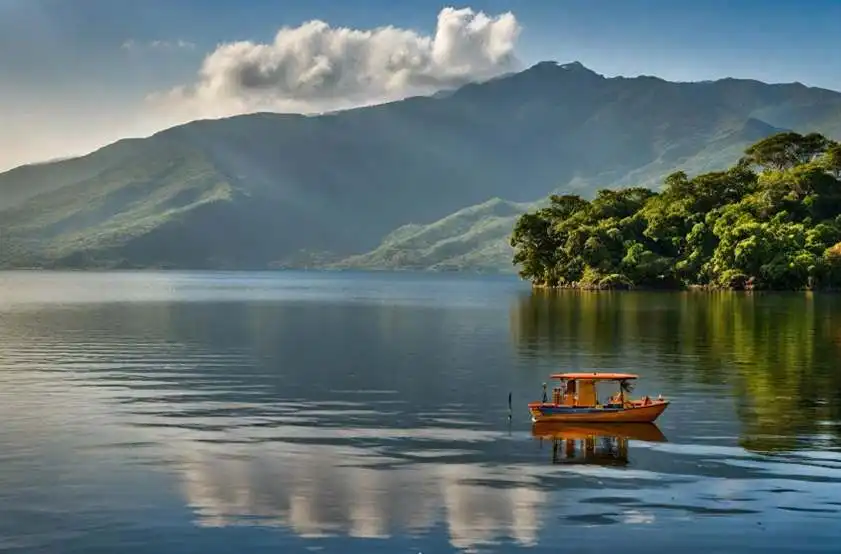
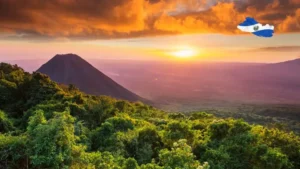
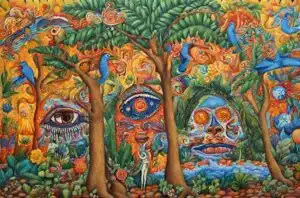
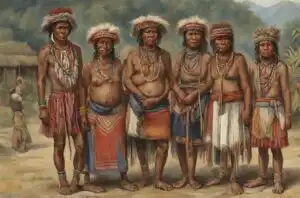
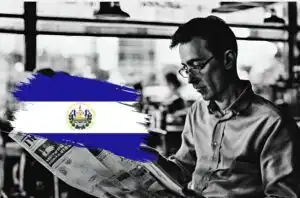

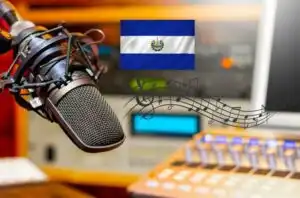
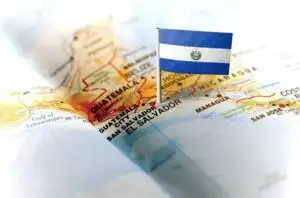
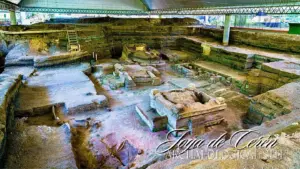
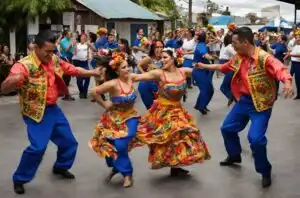
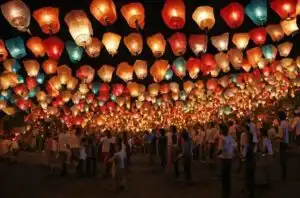
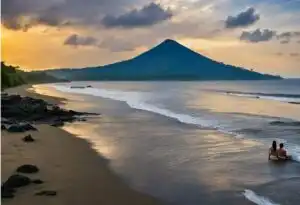
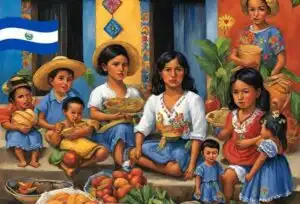
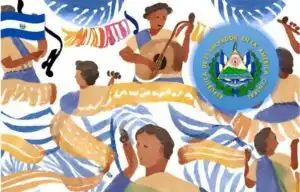
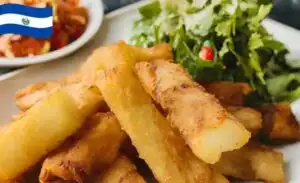
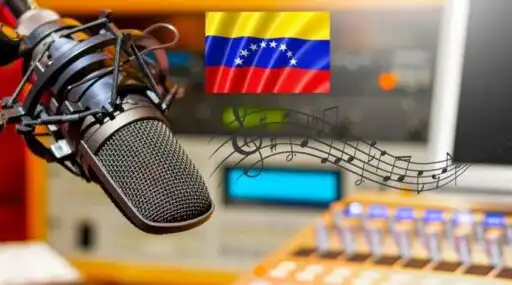

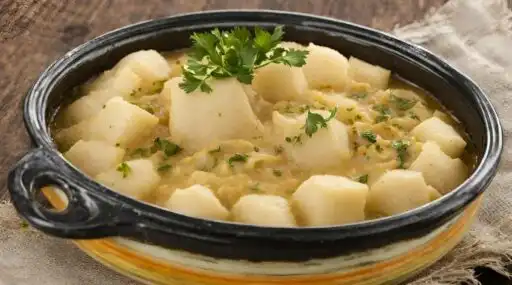
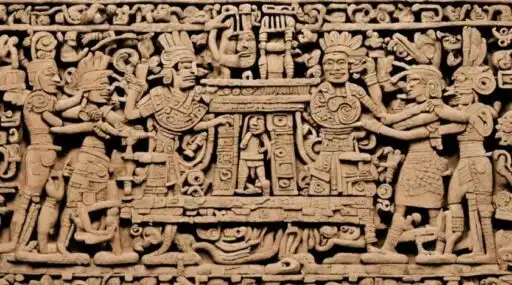
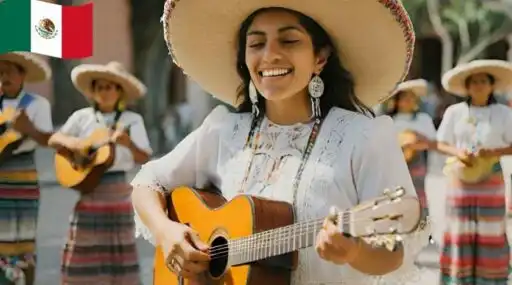
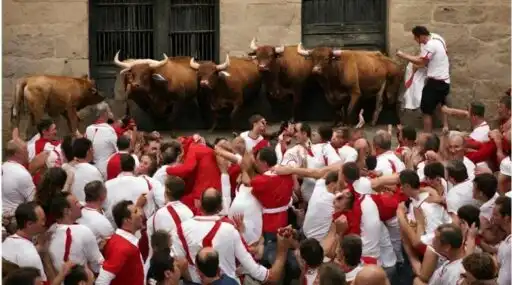
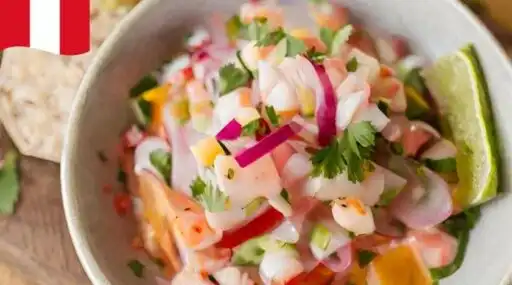
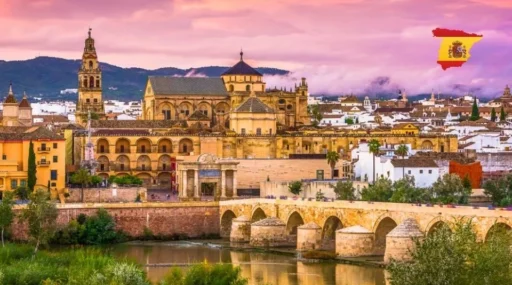
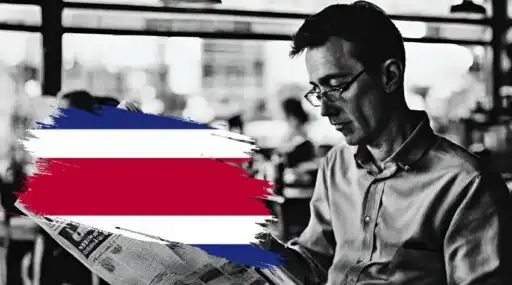
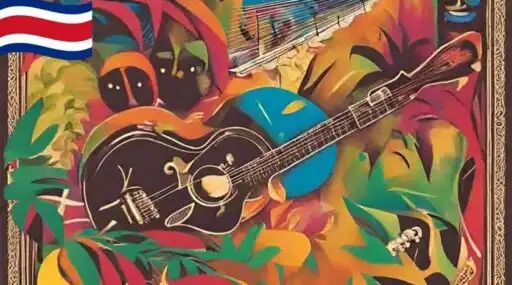
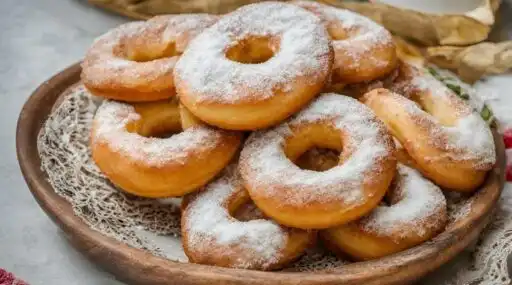
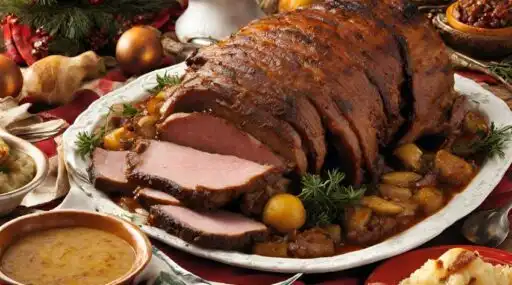
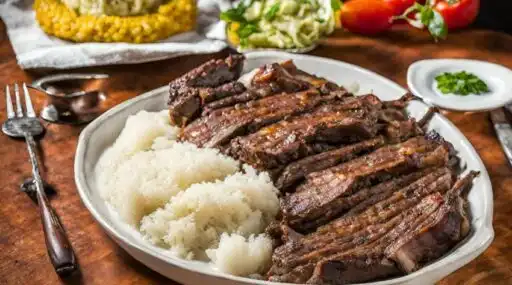
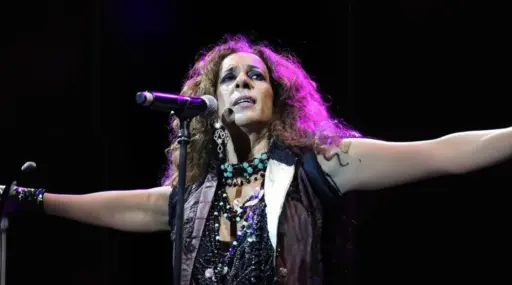
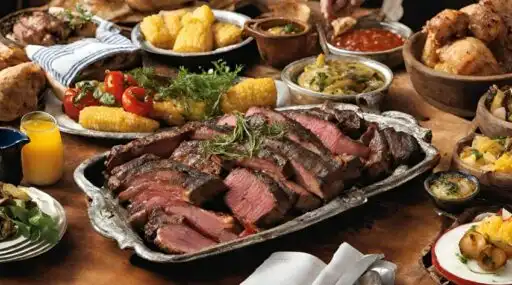
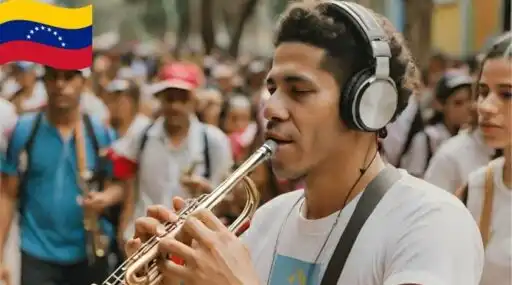
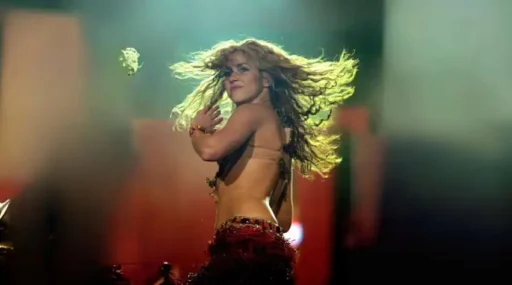
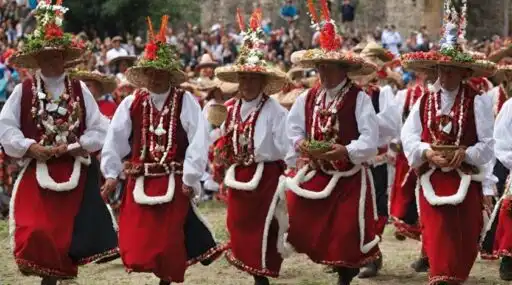
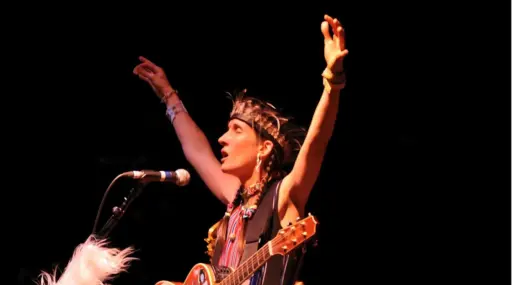
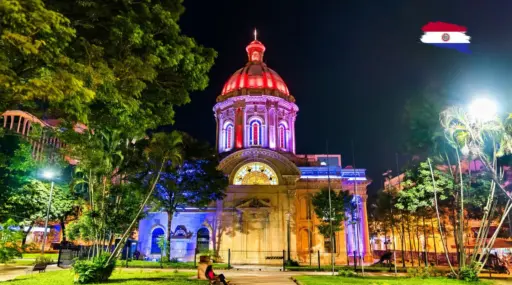
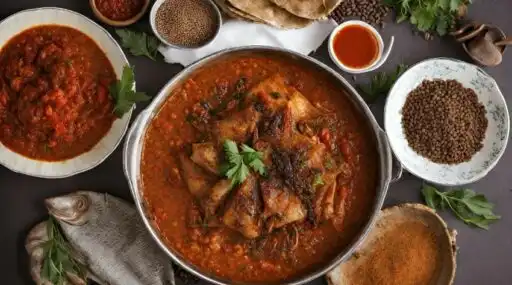
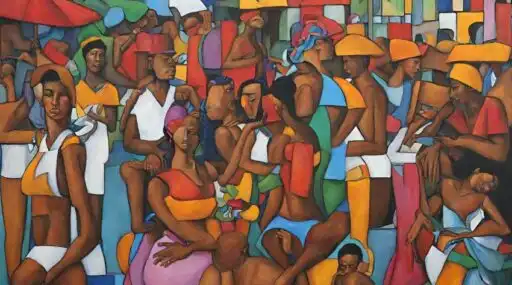

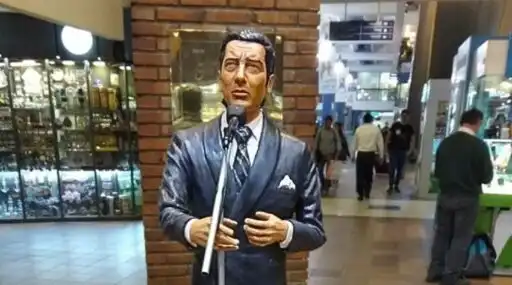
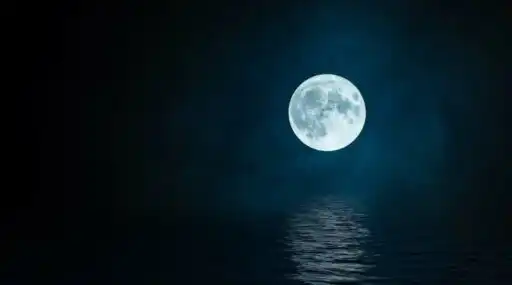
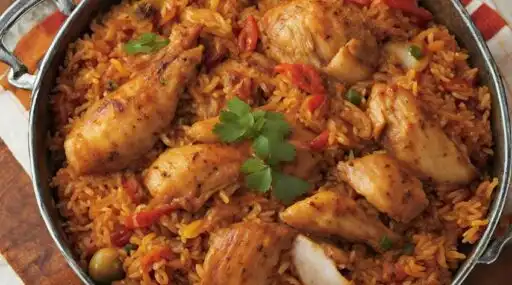

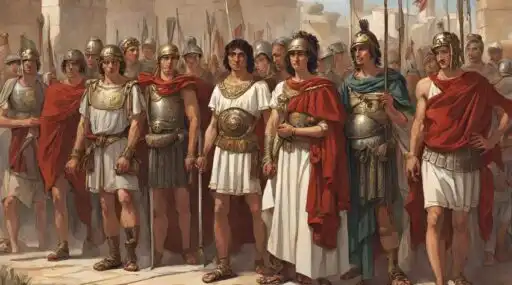
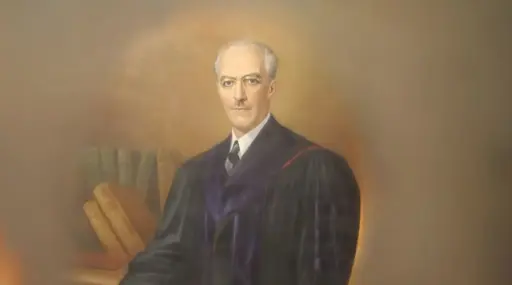

Leave a Reply